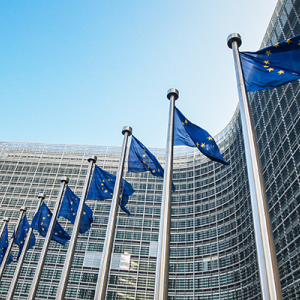web_madrid_shutterstock_128223203.jpg

Madrid, the capital of Spain.
According to the think-tank, growth in the country is expected to remain above 2% over the 2017-18 period – higher than predictions for other oft-celebrated European economies such as Germany, but lower than the 3.2% registered over 2015 and 2016.
OECD secretary-general Angel Gurría commended Spain’s “impressive performance”, with improving public finances and the benefits of reforms undertaken in recent years coming to fruition.
However, the country still has further to go in helping its economy recover from a severe recession in the wake of the 2008 financial crisis.
Unemployment remains stubbornly high, although it is falling, and the country loosened its purse strings after voters rejected further austerity in a general election in 2015 – a move the International Monetary Fund said helped boost growth in the short term, but would not support it in the long run.
Gurría also stressed that while Spain is “on the right track”, reform momentum has to be sustained.
“The recovery also needs to be inclusive, addressing inequalities and providing opportunities and improved well-being for all,” he added.
The OECD recommended measures to boost productivity, including shifting public funding for research and development from loan to grant status, and pursuing a more progressive tax system.
Both of these should work to increase job creation, with tackling unemployment a “key priority”. Improving skills, extending training programmes and increasing the amount and coverage of social benefits were also suggested.
The OECD’s report came as Spain’s official statistics office published data showing inflation was rising at its fastest level since 2012, driven by rises in transport and house prices.
This puts Spain in line with a trend towards rising inflation across the eurozone, with the bloc overall also reporting its highest inflation since 2013.
However, in a recent note, analysts at Capital Economists said the recent rebound in inflation, registered across the eurozone and beyond, was “almost over”. The boost provided by rising energy prices (which are now expected to remain stable) is anticipated to “fade quickly in the coming months”.
Meanwhile, core inflation [which doesn’t take volatile factors like energy prices into account] remains “very weak in a near-record number of economies”, the note continued.













